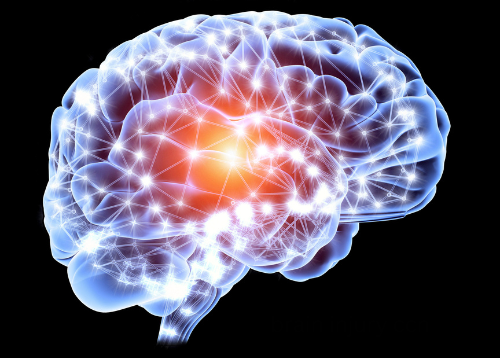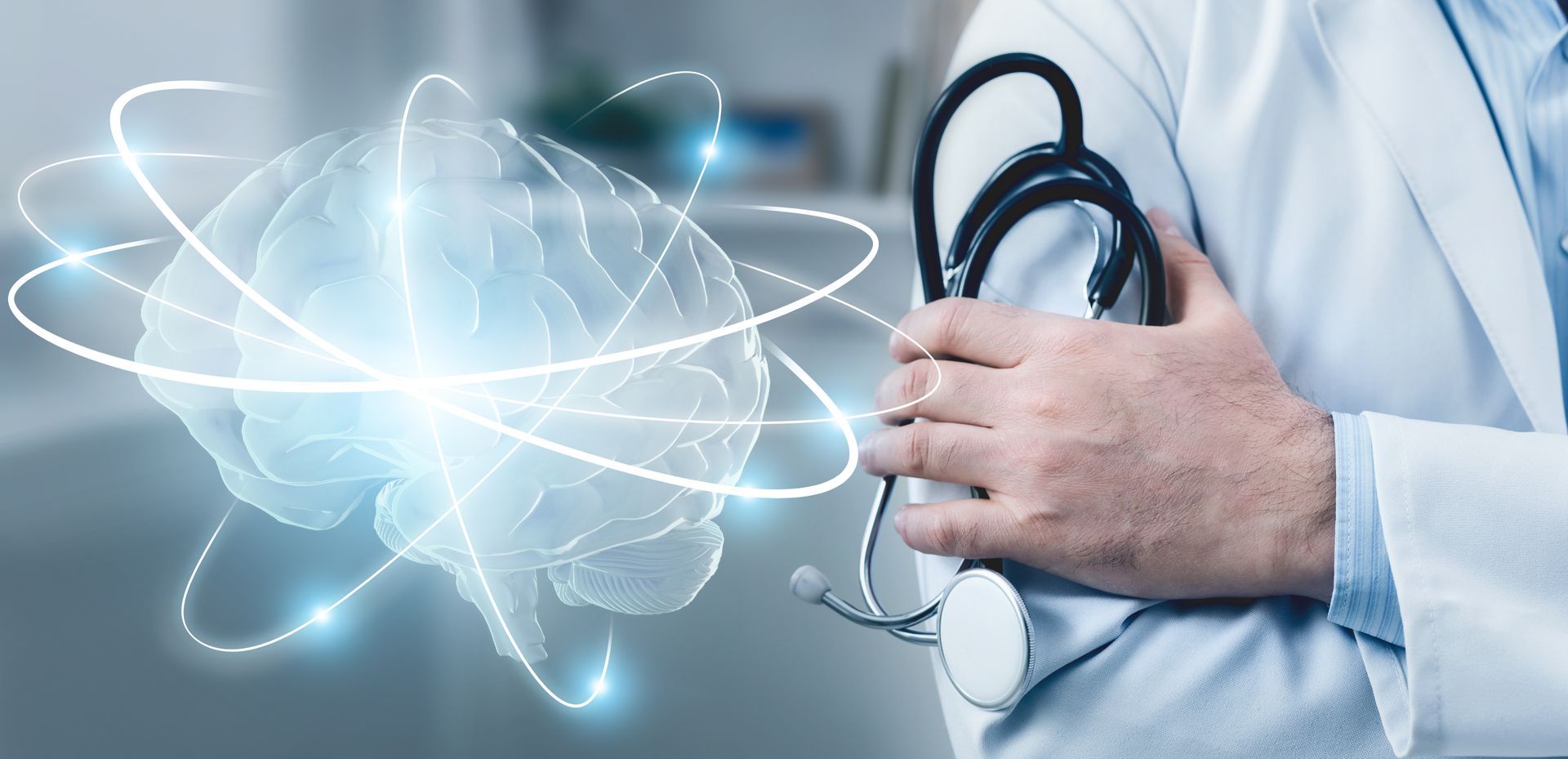Don't Call Christina Later, Call Christina Now
Follow us
What is a TBI and How Can It Affect Memory?
Understanding Traumatic Brain Injuries and Their Impact on Memory Function
A traumatic brain injury (TBI) can have profound effects on an individual’s life, including significant impacts on memory. TBIs are often the result of accidents, falls, or sports injuries, and they can range from mild concussions to severe brain damage. In this blog, we’ll explore what a TBI is, how it can affect memory, and what steps can be taken for recovery.
Why Understanding TBI Matters:
Understanding the nature of a TBI and its effects is crucial for both victims and their families. According to the Centers for Disease Control and Prevention (CDC), about 1.5 million Americans sustain a TBI each year, with many experiencing long-term effects. Recognizing the symptoms and implications of TBI can empower individuals to seek appropriate care and support.
1. What is a Traumatic Brain Injury (TBI)?
Definition of TBI: A TBI occurs when an external force injures the brain. This can happen in various ways:
Types of TBI:
Mild TBI (Concussion):
Symptoms may include headaches, confusion, and temporary memory loss.
Moderate to Severe TBI:
Symptoms can include prolonged unconsciousness, severe headaches, and significant memory impairment.
2. How Can TBI Affect Memory?

Impact on Memory Function:
TBIs can lead to various types of memory problems, including:
- Short-Term Memory Loss: Difficulty remembering recent events or information.
- Long-Term Memory Issues: Challenges in recalling past experiences, facts, or learned skills.
- Anterograde Amnesia: Trouble forming new memories after the injury.
- Retrograde Amnesia: Inability to recall memories formed before the injury.

The Mechanism Behind Memory Impairment:
- Brain Damage: A TBI can damage brain areas responsible for memory, such as the hippocampus, which plays a crucial role in forming new memories.
- Neurochemical Changes: TBIs can alter the brain’s chemistry, affecting how information is processed and stored.
- Cognitive Functions: Impairments in attention, concentration, and executive functioning can further complicate memory recall.
3. Signs of Memory Problems After a TBI
Common Symptoms: After a TBI, individuals may experience:
- Forgetfulness: Frequently forgetting names, dates, or important information.
- Difficulty Learning New Information: Struggling to retain new facts or skills.
- Confusion: Experiencing disorientation or confusion in familiar environments
4. Steps for Recovery and Support
Seeking Medical Attention: If you or someone you know has sustained a TBI, it’s important to seek medical evaluation promptly. A healthcare professional can assess the severity of the injury and recommend appropriate treatment.
Seeking Medical Attention: If you or someone you know has sustained a TBI, it’s important to seek medical evaluation promptly. A healthcare professional can assess the severity of the injury and recommend appropriate treatment.

Rehabilitation: Engaging in cognitive rehabilitation therapy can help individuals improve memory function. This may include:
- Memory Exercises: Practicing strategies to enhance recall and retention.
- Occupational Therapy: Learning techniques to manage daily activities and improve cognitive skills.
Support from Family and Friends: A strong support network can aid recovery. Encouraging loved ones to be patient and understanding can make a significant difference in the healing process.
Support from Family and Friends: A strong support network can aid recovery. Encouraging loved ones to be patient and understanding can make a significant difference in the healing process.
5. When to Seek Professional Help
Persistent Memory Issues: If memory problems continue or worsen, consulting a specialist in brain injuries or neuropsychology is crucial. They can provide tailored assessments and treatment plans to address specific cognitive challenges.
Nature's Symphony
A traumatic brain injury can have lasting effects on memory and cognitive function. Understanding what a TBI is, how it impacts memory, and the steps to seek help is vital for recovery. With the right support and treatment, individuals can work towards improving their memory and regaining control of their lives.
If you or a loved one has experienced a TBI and is struggling with memory issues, don’t hesitate to reach out for help.
Contact us today for a consultation to discuss your situation and explore available resources.
You are not alone, and support is available.
Quick & Reliable
We are available 24/7 to Guide You to Better Health.
CALL CHRISTINA NOW is here to help 24 hours a day, 7 days a week, offering free and compassionate support. When you call us, we'll listen to your concerns, understand the specifics of your accident, help you find medical care for your injuries, and connect you with a professional who can advise you on the legal aspects of your situation.
CALL CHRISTINA NOW specializes in assisting with Lawyer and Medical Accident matters. If you've been in a car, motorcycle, or truck accident—or any other kind of accident—contact us today for trustworthy support.
DISCLAIMER:
CALL CHISTINA NOW isn't a law firm and can't provide legal advice, but we can refer you to the right attorney who can.

When Life Happens! Call Christina Now!
All Rights Reserved | Call Christina Now
Copyright © Call Christina Now Offers All Rights Reserved 2025
View Our Privacy Policy | Terms & Conditions | Disclaimer
